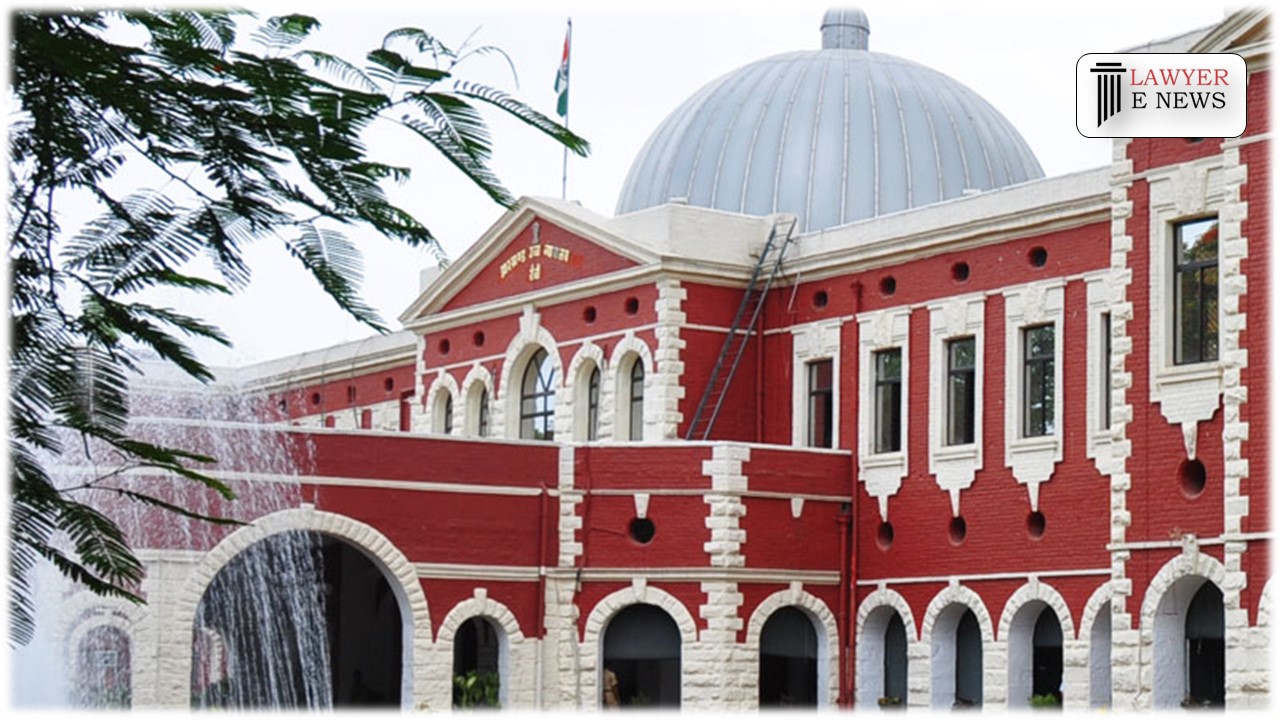-
by Admin
17 February 2026 4:27 AM



In a significant ruling, the High Court of Jharkhand has quashed the entire criminal proceedings, including the order taking cognizance, in a case involving allegations of non-payment of bills under a contractual agreement. The judgment, delivered by Hon’ble Mr. Justice Sanjay Kumar Dwivedi, underscored the essentially civil nature of the dispute, marking a pivotal moment in distinguishing between criminal and civil liabilities in contractual matters.
The case, titled "Kiran Kumar vs. The State of Jharkhand and Another," revolved around allegations of issuing dishonored cheques under sections 406 and 420 of the IPC. However, the Court observed that the primary issue was the non-payment of bills, a matter typically falling within the ambit of civil disputes.
Justice Dwivedi, in his ruling, stated, "The dispute is primarily civil in nature." He emphasized the absence of initial intent to cheat, noting, "Payment made through RTGS suggests an absence of initial intent to deceive." This observation is pivotal in understanding the Court's rationale behind quashing the criminal proceedings.
The judgment also touched upon the misuse of the criminal justice system in cases where the dispute should ideally be resolved through civil litigation. The Court observed that "the misuse of criminal justice system for personal vengeance or civil disputes" should be discouraged, highlighting the importance of correctly categorizing disputes to prevent the abuse of legal processes.
The Court exercised its inherent power under Section 482 of the CrPC to quash the proceedings, reiterating the necessity to prevent the misuse of criminal proceedings in essentially civil disputes. This exercise of discretion underscores the judiciary's role in ensuring justice and preventing the unwarranted criminalization of civil disputes.
The High Court's decision to quash the criminal proceedings in this case serves as a precedent for similar cases, where the dispute arises out of contractual obligations and payments. It reinforces the principle that not every breach of contract or non-payment issue warrants a criminal proceeding, urging for a more judicious application of criminal law in business and contractual contexts.
In conclusion, the judgment of the High Court of Jharkhand in "Kiran Kumar vs. The State of Jharkhand and Another" stands as a landmark decision in distinguishing between civil and criminal aspects of disputes arising out of contractual agreements, thereby guiding future litigations in this domain.
Date of Decision: 18 January 2024
Kiran Kumar VS The State of Jharkhand and Another
